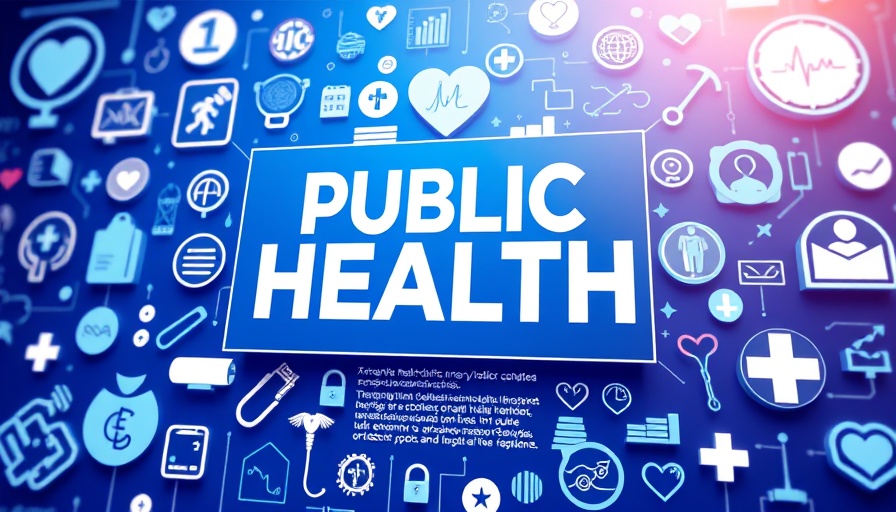
Innovative Tool Helps Assess Measles Risks
AUSTIN, Texas – A groundbreaking breakthrough in public health has emerged from Austin in the form of a newly developed online measles outbreak calculator. This tool, created through the collaborative efforts of Austin Public Health (APH) and esteemed academic institutions, allows communities to visualize the potential impact of declining vaccination rates on public health, particularly regarding measles outbreaks.
Understanding the Mechanics of Measles Spread
The measles calculator employs a stochastic SEIR (Susceptible, Exposed, Infectious, Recovered) model to analyze potential outbreaks. By leveraging key data inputs, such as community vaccination rates, it presents a simulation that illustrates the alarming speed at which measles can spread in environments like schools and childcare centers, where vaccination rates may fluctuate.
Real-World Implications for Communities
Dr. Desmar Walkes, an authority on public health in Austin, emphasized the urgency of the situation, noting that even slight dips in vaccination rates can lead to a dramatic increase in outbreak risk. This insight reinforces the importance of timely and informed action among schools, healthcare providers, and families to bolster community immunity.
National Adoption Signals a Shift
Launched in March 2025, the measles calculator is seeing rapid adoption across major U.S. jurisdictions, including New York City, Houston, and Dallas, following its success in Austin. This national embrace indicates a vital shift toward more proactive public health measures, driven by data and technology. Illinois has also replicated this model for localized applications, further validating its utility.
A Collaborative Impact on Public Health
The project results from a well-orchestrated collaborative effort initiated by APH earlier this year. American higher learning institutions like the University of Texas at Austin and international organizations including the CDC engaged at various levels to ensure the tool's efficacy and applicability. Through this collaboration, health experts highlighted the importance of computational resources in combating infectious diseases effectively.
Empowering Through Data-Driven Insights
Lauren Ancel Meyers, Ph.D., from the University of Texas at Austin, expressed that innovations born from computational data can protect communities and save lives. This sentiment echoes throughout the public health spectrum, highlighting the necessity of adopting tools that empower individuals and organizations to make informed decisions tailored to emerging health threats.
Future Predictions for Health Security
The relevance of tools like the measles calculator extends beyond immediate outbreaks. As vaccination rates fluctuate due to misinformation and vaccine hesitancy, public health experts predict an increase in preventable diseases. Engaging communities with tools that visualize these risks creates an informed public ready to act in its collective best interest.
Call to Action: Prioritize Vaccination
As we come to grips with the impacts of decreasing vaccination rates, the need for community engagement becomes paramount. Schools and local health authorities are encouraged to disseminate information regarding the measles calculator, urging families to prioritize vaccinations. By fostering a culture of vaccination, the Austin community, and others adopting this tool can effectively mitigate the risk of outbreaks and protect our children.
 Add Element
Add Element  Add Row
Add Row 



 Add Row
Add Row  Add
Add 


Write A Comment